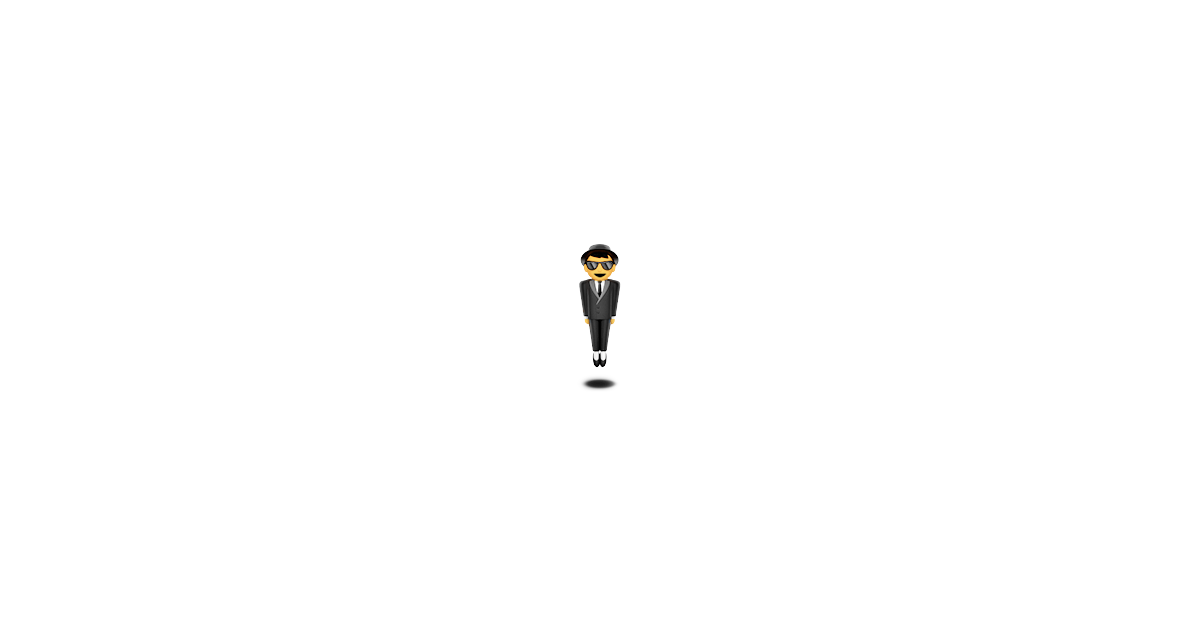Like I said, it’s a struggle. I’ve fallen back into that habit of downloading information about the world into my brain each night and morning, time that could be spent sorting out what’s already in there. Mind your own business resonates now more than ever, in this age where everyone would be happy to help themselves to your attention. Increasingly, I’m questioning why I could tell you more about social and world issues that have little to do with me than I can about what’s been going on inside my mind and body. Isn’t it interesting??? said the boring human. In the game of evolution, attention must have been spent with more intention, literally in higher concentration. You need that shit to cross a log across a river, or escape a predator chasing you, or to hunt down the next meal. In between, we probably achieved the act of paying attention to nothing at all, a feat reserved these days for monks. Attention, then, must seem like what makes us feel more evolved than our evolutionary ancestors. We imagine them, in leopard skins and dragging clubs, with absolutely nothing going on in their brains. We then marvel at our contemporary minds which can scroll through dozens of stories about world affairs, politics, economies, celebrities, sciences, and listcicles, all while on the subway to work. So much happening in our brains! But all for what?
Evolved attention takes the form of legacy, recognition, reputation, fame, and influence – concepts that “less-evolved” creatures could care less for. We argue that without this kind of multi-generational memory, history is doomed to repeat itself. Let’s not let history repeat itself, said the evolved human, over his paleo meal.
Last night, one of the stories I downloaded into my brain was an analysis of my own generation, known as the millennials. It noted how we have evolved past trivial life goals of corner offices and high positions in arbitrary hierarchies, and instead seek to make impact on the world. Imagine billions of us, each trying to make an impact on the world. How does the planet bear it all? Is it better for me to leave a mark, or to leave no trace? Is it better for the earth for me to leave a mark, or to leave no trace?
Another story I downloaded into my brain last night was how a decades-old interview that John Wayne did with Playboy resurfaced on Twitter. In it, he made loads of racist and homophobic remarks, and while Wayne is no longer alive to reckon with his past, there were plenty of people on the internet to reckon with each other about whether the past was worth reckoning with on his behalf. The next story was about how the sailor soldier guy in that famous Life magazine cover kissing a nurse after WW2 ended was actually a depiction of a creeper who grabbed some random stranger and forced her to kiss him. The guy had just died, so he, too, could no longer reckon with his own past. But there were plenty of people on the internet to reckon with each other over whether it mattered whether what he did was wholesome or not, since the image had been remembered in our collective memory as a wholesome moment. And isn’t that what matters. Some argued that the world has gotten so picky and consumed with identity politics and the dark truth that we can’t even enjoy a myth that we’ve collectively misremembered. And isn’t that what we want to do anyway – live happily in our collective myths, believing that what we’re each doing has the potential to make such a deep impact that we will be remembered fondly for generations. And if the dark truths of our pasts surface, what does it matter as long as it happens after we’re too dead to notice?
Holy shit that ended dark! I’m fine, guys!


